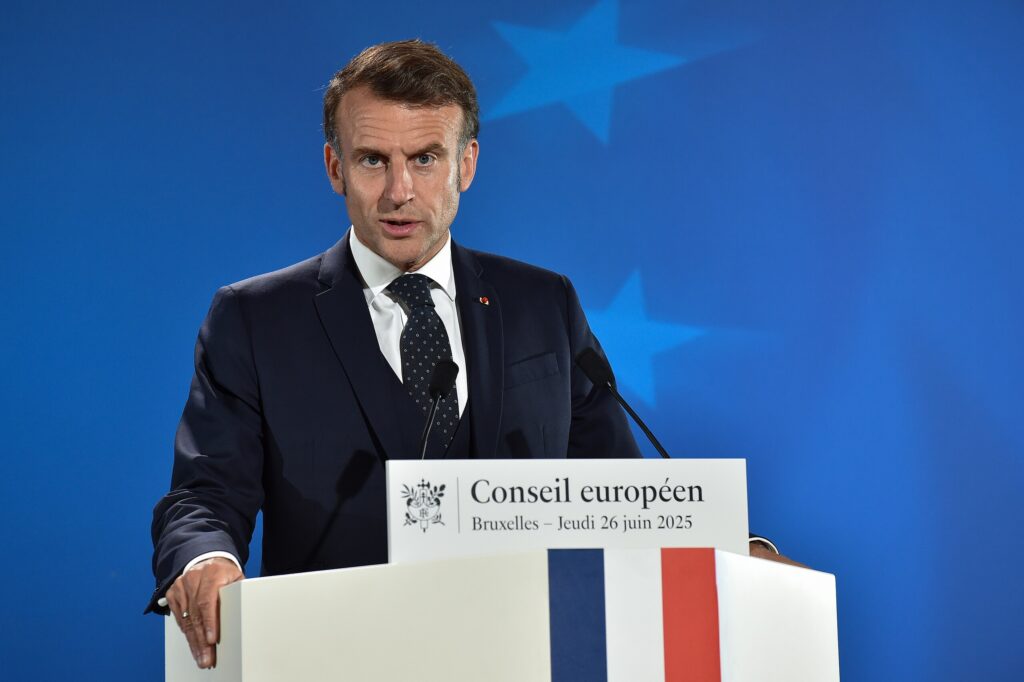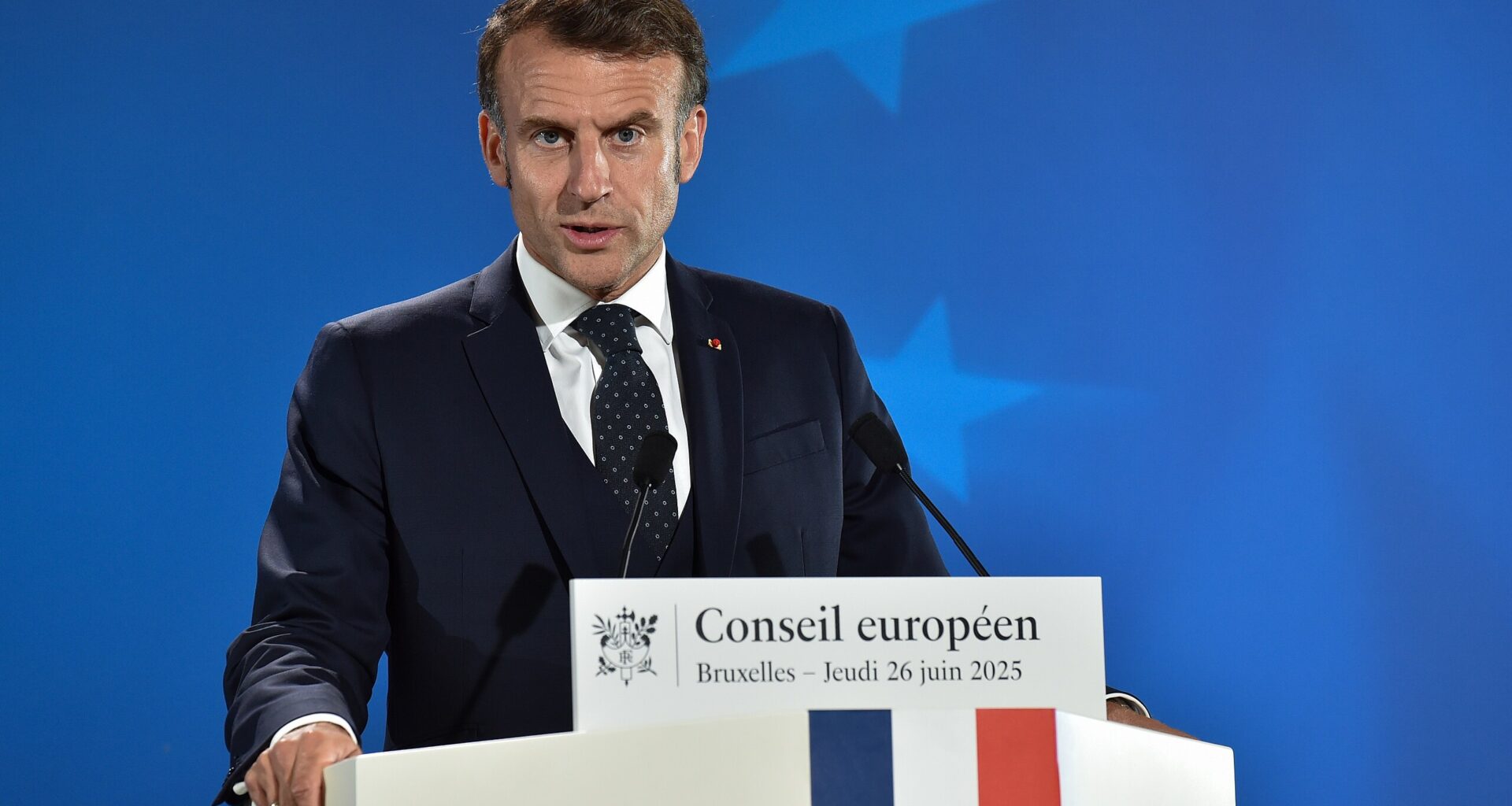
France has officially recognized the State of Palestine, with President Emmanuel Macron saying that “the time has come” for peace. Credit: European Union
French President Emmanuel Macron announced that France is officially recognizing the State of Palestine, a move he said was essential to keeping alive hopes for a two-state solution and ending the cycle of violence in the Middle East.
“The time has come,” Macron declared from the podium of the U.N. General Assembly in New York. “France today recognizes the State of Palestine — for peace between the Israeli and Palestinian peoples.” His remarks drew sustained applause from the chamber.
France recognizes State of Palestine, days after the UK, Canada and Australia
France joins the United Kingdom, Canada, Australia and Portugal, which formalized recognition on Sunday. Macron said other European countries including Belgium, Luxembourg, Malta, Monaco, Andorra and San Marino were expected to follow.
The French decision raises to 151 the number of U.N. member states — out of 193 — that now recognize Palestinian statehood. The move does not change Palestine’s status at the United Nations, where its bid for full membership has been blocked by the United States.
“Some will say it is too late, others too soon,” Macron said. “But we cannot wait any longer. The time of peace has come.” He linked the recognition to calls for the release of 48 hostages held by Hamas, an end to Israeli bombardments in Gaza and urgent action to halt mounting civilian casualties.
Macron stressed that France’s recognition of Palestinian rights does not diminish its commitment to Israel’s security. He condemned the Oct. 7 Hamas attack as “the worst terrorist attack in Israel’s history” and demanded the immediate release of all remaining hostages. “This recognition is a defeat for Hamas,” he said, calling France a steadfast “friend of Israel.”
The French president also outlined a vision for Gaza after a cease-fire, suggesting a new authority shared by the Palestinian Authority and young Palestinian leaders, backed by the United Nations and regional partners. He said France was ready to contribute troops to a stabilization mission and help train Palestinian security forces.
Opening an embassy in Palestine, Macron added, would be contingent on a cease-fire in Gaza and the release of all hostages.
Reactions to France’s historic decision
The Palestinian Authority hailed the French move as a “historic and courageous” step aligned with international law and U.N. resolutions. Saudi Arabia called on other nations to take the same “historic measure,” while leaders from Indonesia, Turkey and Jordan also welcomed the decision. U.N. Secretary-General Antonio Guterres reiterated that a two-state solution remains “the only way out of this nightmare.”
The announcement drew swift criticism from Israel and its closest ally, the United States. A spokesperson for former President Donald Trump said the recognition amounted to “a reward for Hamas.”
Reactions in France reflected deep political divides. The Socialist Party called the move “a signal of hope,” while Communist leader Fabien Roussel urged Macron to push further for an immediate cease-fire in Gaza. Far-left leader Jean-Luc Mélenchon hailed it as an “irreversible victory” for Palestinian self-determination.
On the right, conservative and far-right politicians accused Macron of endangering Israel’s security. “It is not Palestine that Emmanuel Macron recognizes today, but Hamastan,” National Rally leader Marine Le Pen said, calling the decision a grave mistake.
Despite the backlash, Macron insisted France was acting out of responsibility. “We must do everything to preserve the very possibility of a two-state solution — Israel and Palestine, living side by side in peace and security,” he said.
